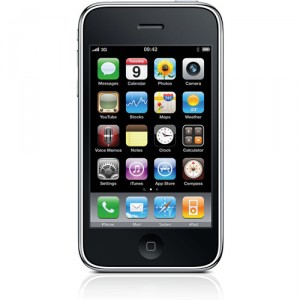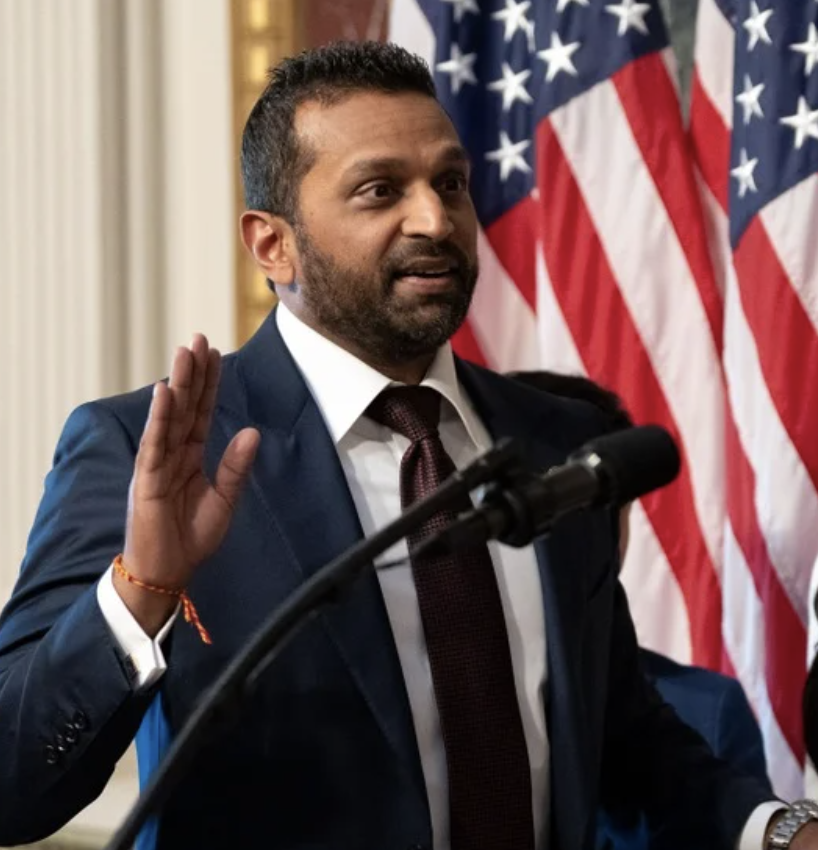 By Ross Parker
ticklethewire.com
By Ross Parker
ticklethewire.com
The U. S. Supreme Court will hear argument today on two cases involving warrantless searches of cell phones. The case is probably the most important and most difficult 4th Amendment case of the term. Lower courts are split on the issue, and the number and tone of the appellate briefs in the cases illustrate the future ramifications of the case in the Cyber Age.
In U.S. v. Wurie the Court of Appeals threw out drug and firearm convictions for a defendant whose cell phone was searched incident to his arrest. The California Court of Appeals went the other direction in Riley v. California, upholding the police search of a man’s cell phone when he was arrested on firearms charges. The search produced data linking him to a gang shooting, and he was convicted of attempted murder.
Warrantless searches of all materials on the person of one lawfully arrested have traditionally been upheld without serious controversy. Isn’t the cell phone just a 21st Century version of a personal notebook or photo album? That is why many, perhaps most, commentators are predicting that the conservative majority of the Court will hand down a decision sometime before the end of the term in June which upholds the law enforcement position in these cases.
However, several factors seemingly unconnected to traditional 4th Amendment theory make this a much closer question. First, everyone including Supreme Court Justices has a cell phone and increasingly relies on it for a variety of purposes. Second, the latest cell phone technology has an ever-expanding capacity to store all kinds of private information. Finally, the Court has shown an increasing propensity to rein in law enforcement’s use of advanced technology. Thermal imaging, DNA, and transponders are a few of the techniques found to be “unreasonable searches” without prior judicial authorization. Traditionally conservative Justice Anton Scalia has surprised many by his views in this area.
Prediction: 5-4 vote requiring warrants for cell phone searches incident to arrests.





